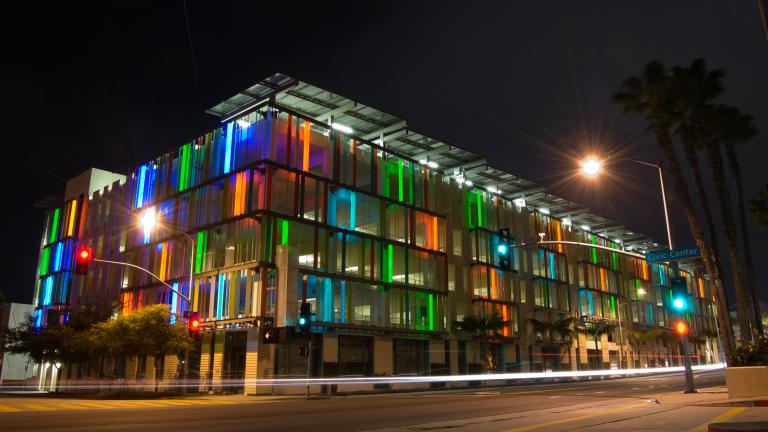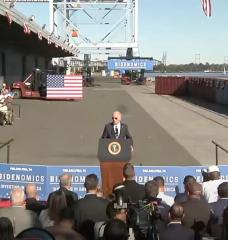
The real estate industry plays a crucial role in achieving the sustainable goals of cities and countries around the world. The building sector is a major consumer of resources and a key contributor to greenhouse emissions. The operation and construction of buildings account for more than 35% of energy use and nearly 40% of CO2 emissions. Technology, climate science, and regulation have developed dramatically, inducing more real estate investors to put sustainability at the center of their investment approach, including discarding investments that present high sustainability-related risks and launching green and low-carbon investment products. In addition, the increased frequency of energy-consumption and climate-change related threats, such as rising sea levels, wildfires, heat waves, and local pollution is creating a new set of risks for real estate around the world. Such risks affect the demand, supply, and pricing in both real estate space and capital markets. Companies and investors are increasingly incorporating such sustainability risks into their business and investment strategies.
This course is designed for students who wish to gain deep insights into the tension and synergy between sustainability and the real estate industry. The course will answer four overarching questions: (1) Why does sustainability matter for real estate? (2) How can the real estate sector contribute to sustainability while keeping profitable? (3) What are the investment and market opportunities for sustainable real estate investments? (4) What is the role of sustainability for each key player in real estate markets (i.e. owners, tenants, regulators, and capital providers)? The lectures provide a combination of economic, business, and building design insights and tools that help students develop capabilities to understand the challenges and opportunities of sustainability in the real estate industry.
The course will provide a systematic framework to understand the most challenging issues in sustainability in the real estate industry. We will examine economic mechanisms, technological advances, business models, building design, and investment and financing strategies available for the different market players to promote sustainability in the building sector. We will discuss three major perspectives on sustainable real estate: (1) buildings as the basic physical assets of sustainable real estate, from green buildings to healthy buildings and climate-resilient buildings; (2) neighborhoods and cities as the context of sustainable real estate where individual buildings interact with the built environment, policies, and other urban systems; and (3) equity and debt investment vehicles at the portfolio level to finance sustainable real estate.
Instructors:
Prof. Siqi Zheng is the faculty director of the MIT Center for Real Estate and founder and director of the MIT Sustainable Urbanization Lab. She specializes in urban and environmental economics, with a special focus on sustainable cities and real estate.
Zhengzhen Tan is a lecturer and researcher with MIT Center for Real Estate and MIT Asia Real Estate Initiative, specializing in real estate sustainability, healthy buildings, and digital technology innovation.
Prof. Juan Palacios is a visiting professor from Maastricht University whose research focuses on environmental economics, sustainable real estate, and health economics.
View the course, including lecture videos and notes






